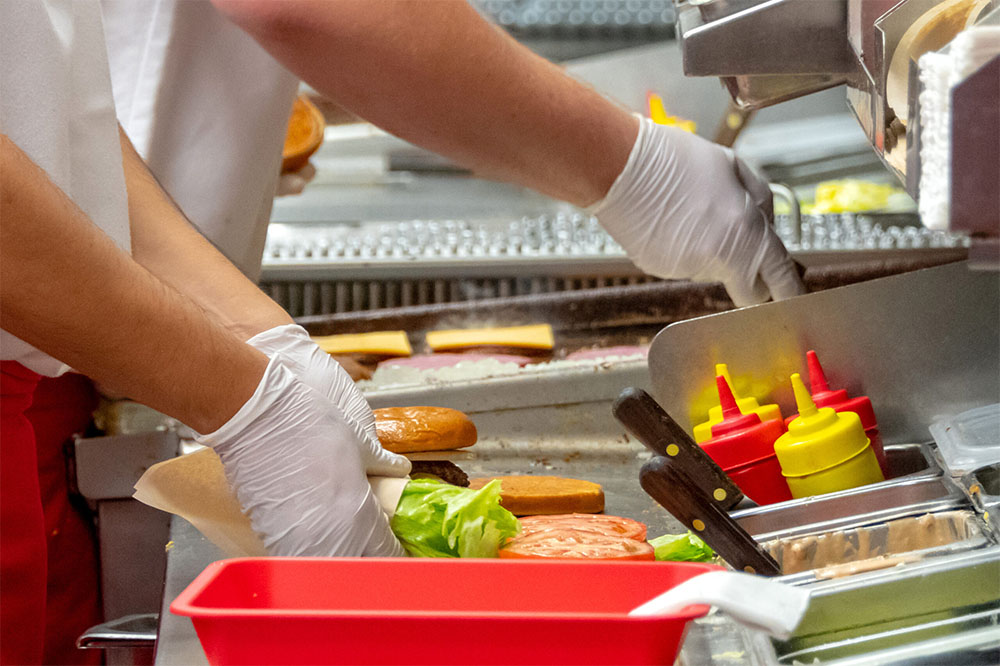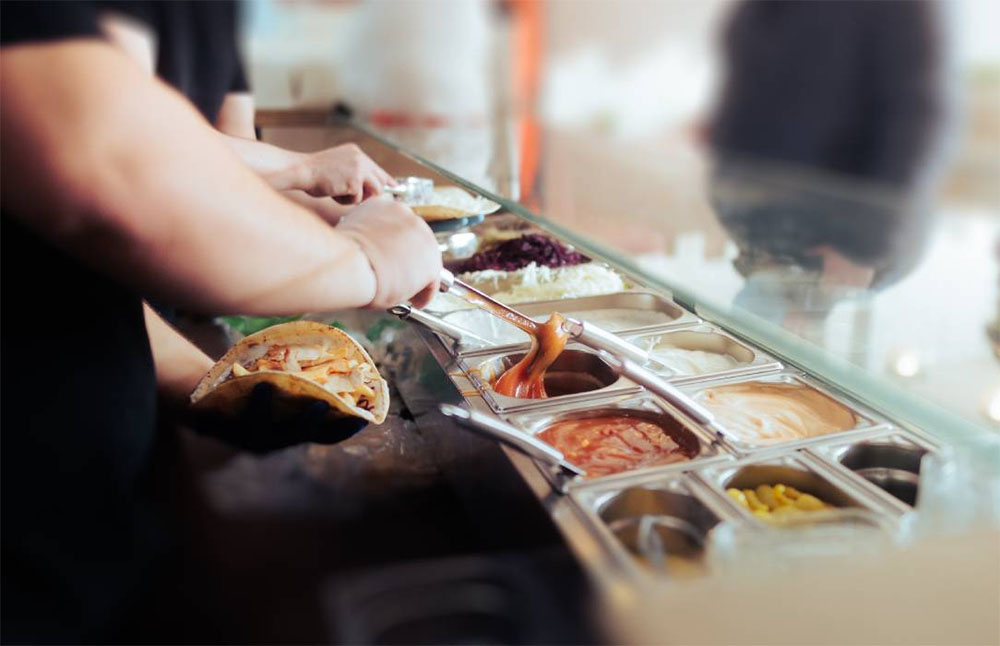Six ways to enhance quick service food industry compliance
For those who run a quick service restaurant the mere thought of restaurant compliance may cause you to shiver. This doesn’t have to be the case! With the right restaurant management software, compliance can become an absolute breeze. In fact, we guarantee you’ll wonder how you did these six areas of compliance without software.
Automated reporting
Reporting is crucial for daily operations in any business, especially for restaurant compliance. It helps restaurants meet health and safety compliance, maintain high operational quality, and remain transparent and accountable to staff and patrons. Quick service food industry reporting can cover:
- sales reports that help identify menu item trends
- labor reports that evaluate employee performance, and
- customer satisfaction reports that provide insights into customer experiences.
The reality is though compiling these reports can increase your already heaving workload. An automated reporting function can do all the leg work for you. It can gather your business’s operational data and allow you to review each location’s:
- use of specific ingredients or stock
- popularity of a particular menu item, and
- evaluate the venue’s financial performance.
This pre-set data collection can free you and your managers from time consuming compiling and instead focus on leading your staff and delivering exceptional customer service.
Finally, mistakes like incorrect data entry are known to happen. With restaurant automation in place, you effectively remove this potential hazard, something of particular value in a quick service restaurant.
Learn everything you need to know about restaurant automation systems in our comprehensive guide.

Streamlined staff training
The hospitality industry is naturally transient, with employees frequently coming and going. Staff coming and going can make keeping track of who has and has not completed training difficult. A seamless restaurant compliance software can simplify this.
With this system, staff can receive the correct training materials automatically via pre-loaded emails. This is particularly handy for new starters during the sometimes chaotic onboarding period.
If you run multiple restaurants, a mobile-first training platform lets you send out of the same training material to everyone. Some other benefits include:
- you can remotely keep track of who has completed their training
- send reminder notifications to those who haven’t, and
- instantly update material to align with regulation changes.

Digital inventory management
Have you or your staff ever prepped for a big day at the restaurant only to find an item out of stock? This annoying problem can be easily solved with restaurant compliance software.
It replaces conventional record-keeping methods like pen and paper with digital inventory checklists. One key benefit is having an accurate digital record of ingredients on hand and what needs ordering. A digital template or graph is much clearer to read than a scribbled piece of paper.
Plus, you can set up recurring or ad hoc tasks specific to your business. Your team is notified of their responsibilities at the start of each shift, including checking stock levels, and prompted to act accordingly.

Reduced food waste
Food waste is sometimes an inevitable part of the quick service food industry. But there are other times when it can be completely avoided.
For example, you have a refrigerator full of delicious ingredients ready to be used. Unfortunately, it malfunctions, and you lose your valuable stock.
A wireless temperature sensor can notify you and your staff the moment an anomaly is detected. You can then act appropriately to fix the issue.
This is just the tip of the iceberg. Food waste can be reduced in many other ways within a quick service restaurant. Keeping a food waste log can help track waste patterns and identify key areas for improvement. If you would like to learn more about these ways our article, How to reduce food waste in restaurants, is for you.
Standardized food labeling
Picture this, you want to make sure your staff are labeling food the same way at every one of your locations.
Why would you want this? Suppose you have a staff member covering a shift at a different location. If they can easily identify things like expiration dates on a standardized printed label, they will be better equipped to perform their duties at any one of your quick service restaurants.
Automated labelling also saves your employees from handwriting labels. This can then give them more time to help customers.
But these are just a few benefits; our article, Shelf-life tracking and labeling with restaurant management software, covers more ways this system can improve your business’s efficiency.

Standardizes operations
It can be difficult having multiple venues adhere to the same standards. Difficult, but not impossible!
Restaurant management software can help you standardize procedures across multiple locations. This compliance technology can help:
- Keep service quality consistent by establishing benchmarks every location must meet.
- Reduce problems like inconsistent food labeling or improper cleaning methods.
When you put these procedures in place, take time to discuss them with your managers or staff. Chat about what works well for their venue and what doesn’t and tailor specific elements of their restaurant compliance. Because as we all know, no two quick service restaurants are the same.
Operandio and efficiency go hand in hand
When you run multiple venues, you often don’t have time to search high and low for a solution to restaurant compliance challenges. Every benefit discussed today can be implemented at your quick service food industry venue with Operandio. Book your free demo today.


